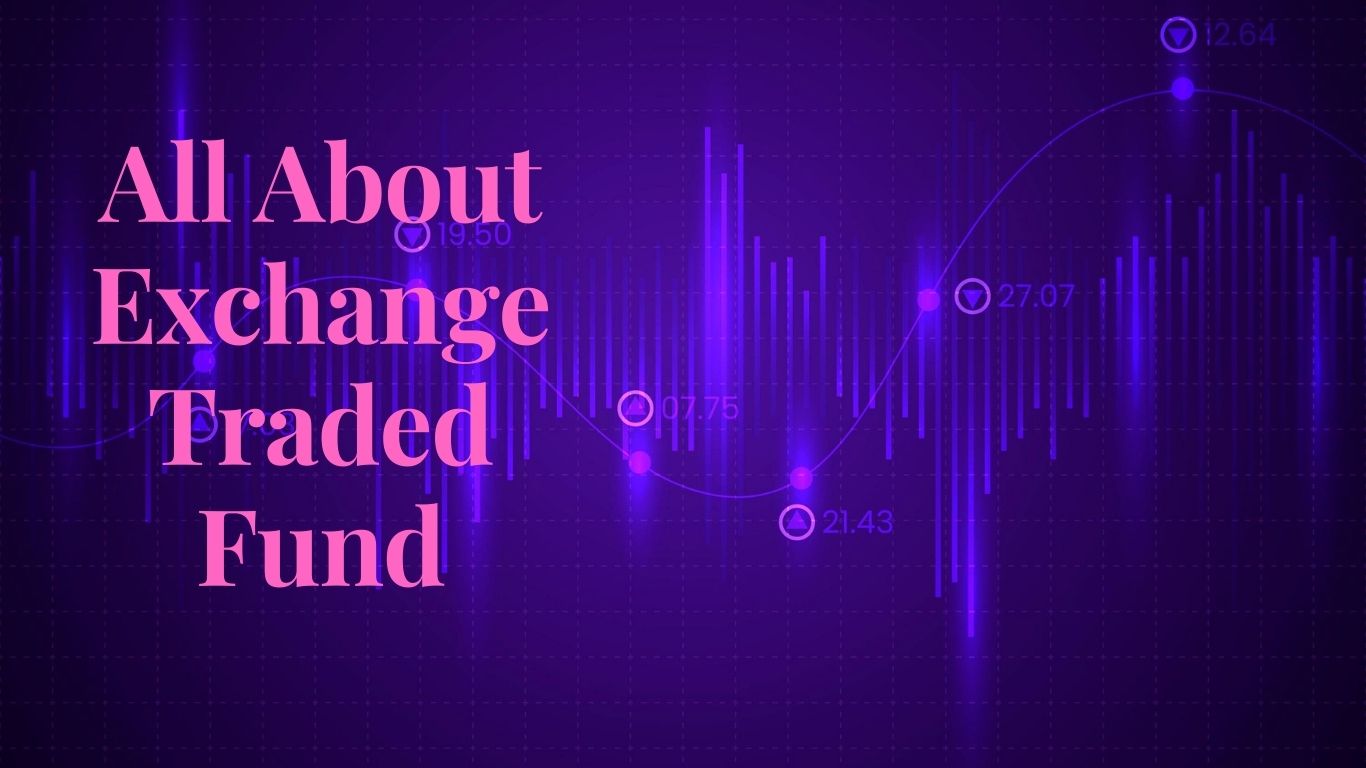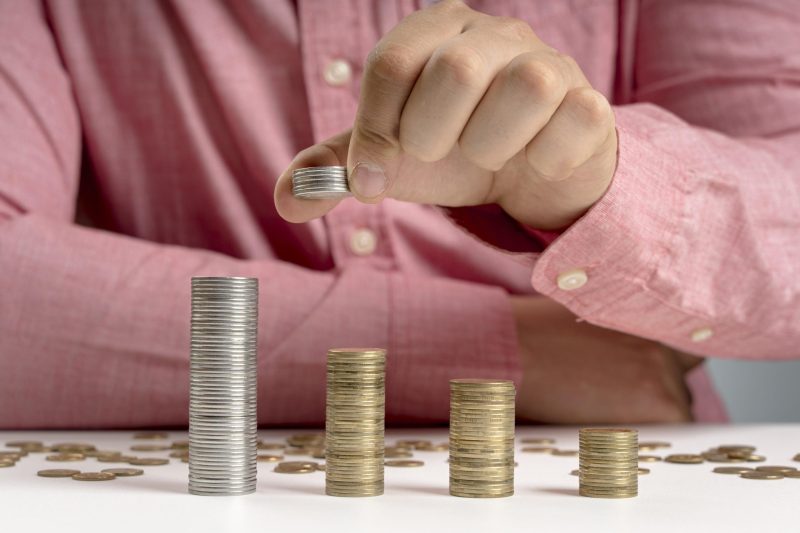The Buyt Desk
Exchange-traded funds, commonly known as ETFs, are investment instruments that track an index, a commodity or a basket of assets like an index fund. ETFs are listed and traded on the stock exchanges like a normal share. The price of an ETF changes throughout the day according to the movement of the share market. It is bought and sold in the share market just like a stock. ETFs are passive funds as they simply track an index, sector or theme. The fund manager makes only minor, periodic adjustments to keep the fund in line with its index. There are various types of ETFs based on where they are investing. There is equity ETF, Gold & Silver ETF and debt ETFs too.
Here is what you should know before you decide to invest in Exchange Traded Funds
-
Understand the difference between ETF and Mutual Funds
More than often people get confused and think that an ETF and mutual fund are one and the same. But they aren’t. ETFs are investment funds that are traded in stock markets. The index tracking MF is also known as index funds are pooled investments and are actively managed by the fund manager to ensure higher return than the index
-
You can’t invest in ETF without a Demat Account
Since an ETF is traded on the stock exchanges just like a stock you need to have a Demat account in order to buy/sell an ETF. You can invest in an MF without a Demat account.
-
Expenses on ETF
Because an ETF tracks an index without trying to outperform it, it incurs lower administrative costs as compared to actively managed portfolios.ETF are low cost investemnt. The expenses attached to an ETF are less than 0.5% and can be at times lower than 0.1% for some specific categories.
– Tax On ETFs
Capital Gains tax is imposed when you book profit on ETFs. Tax gets calculated on the basis of the nature of the securities held by the ETF. If the ETF is equity-based and sold within 12 months of its purchase then short term capital gains of 15% will be levied. If units are sold after 12 months then a long term capital gain tax is levied. Gains of Rs 1 lakh are exempted from long term capital gain tax, gains beyond this will be taxed at 10%. But the definition of short and long term tax on Gold ETFs, Debt ETFs, or ETFs tracking international indices changes. For such ETF categories, long-term means 36 months or more while short-term means less than 36 months. There is a 20% long-term capital gain tax with indexation benefits. In case an investor sells units within 36 months, short-term capital gains, if any, will be added to their annual income, and applicable taxes will be in line with the income tax slab of the investor.







